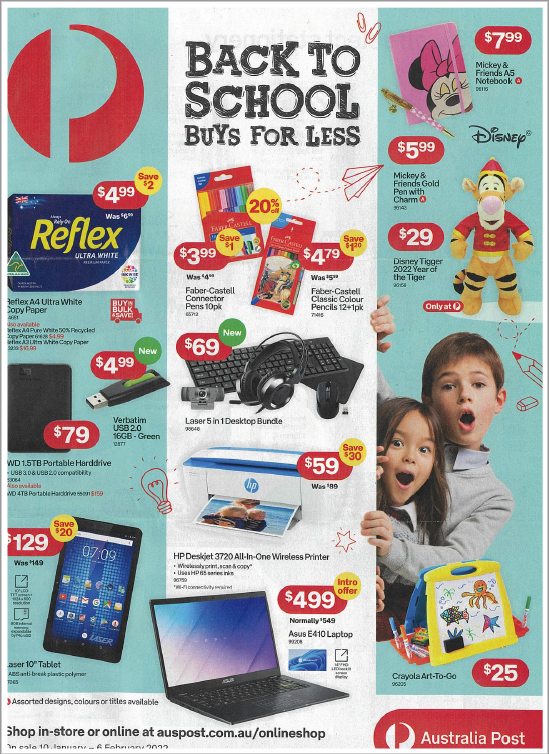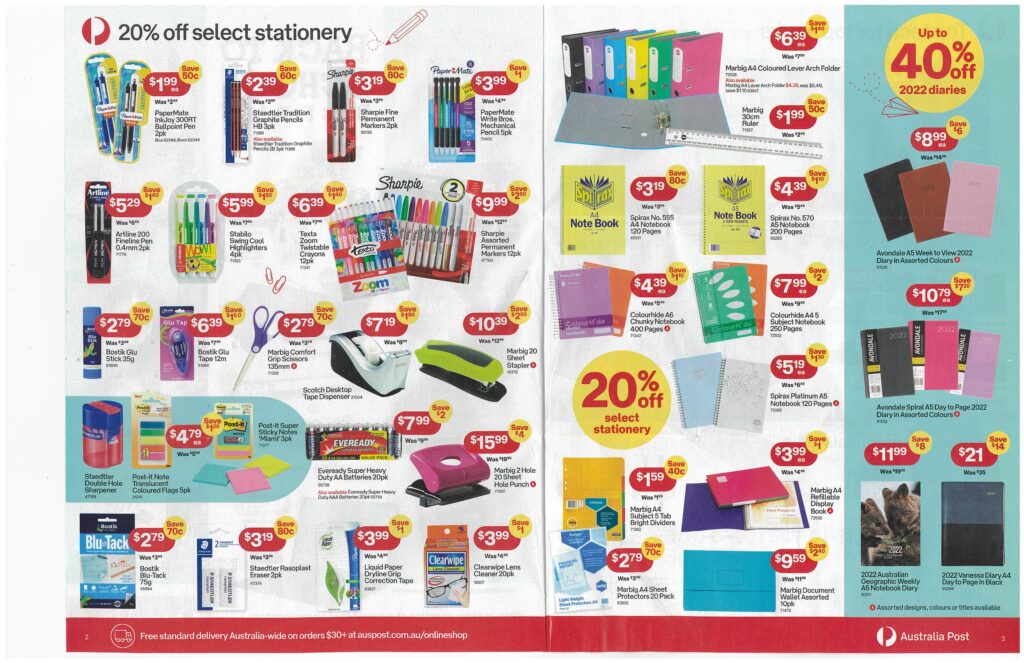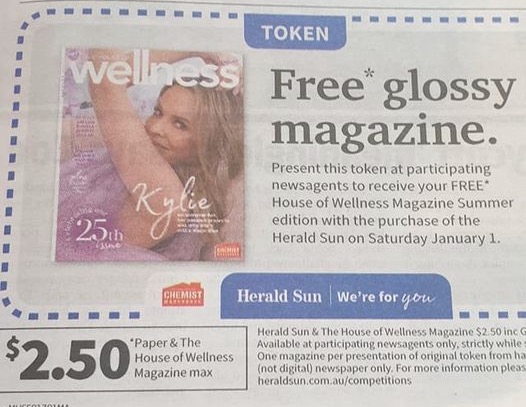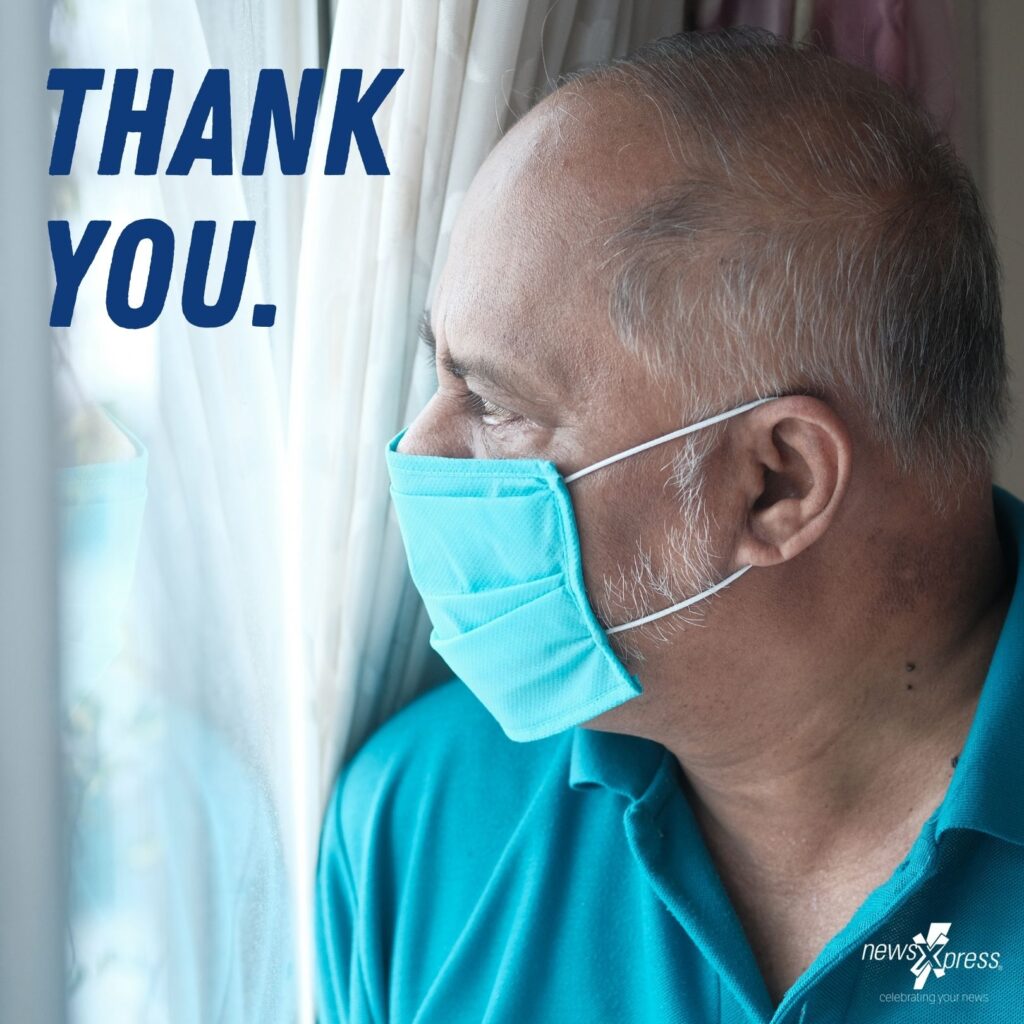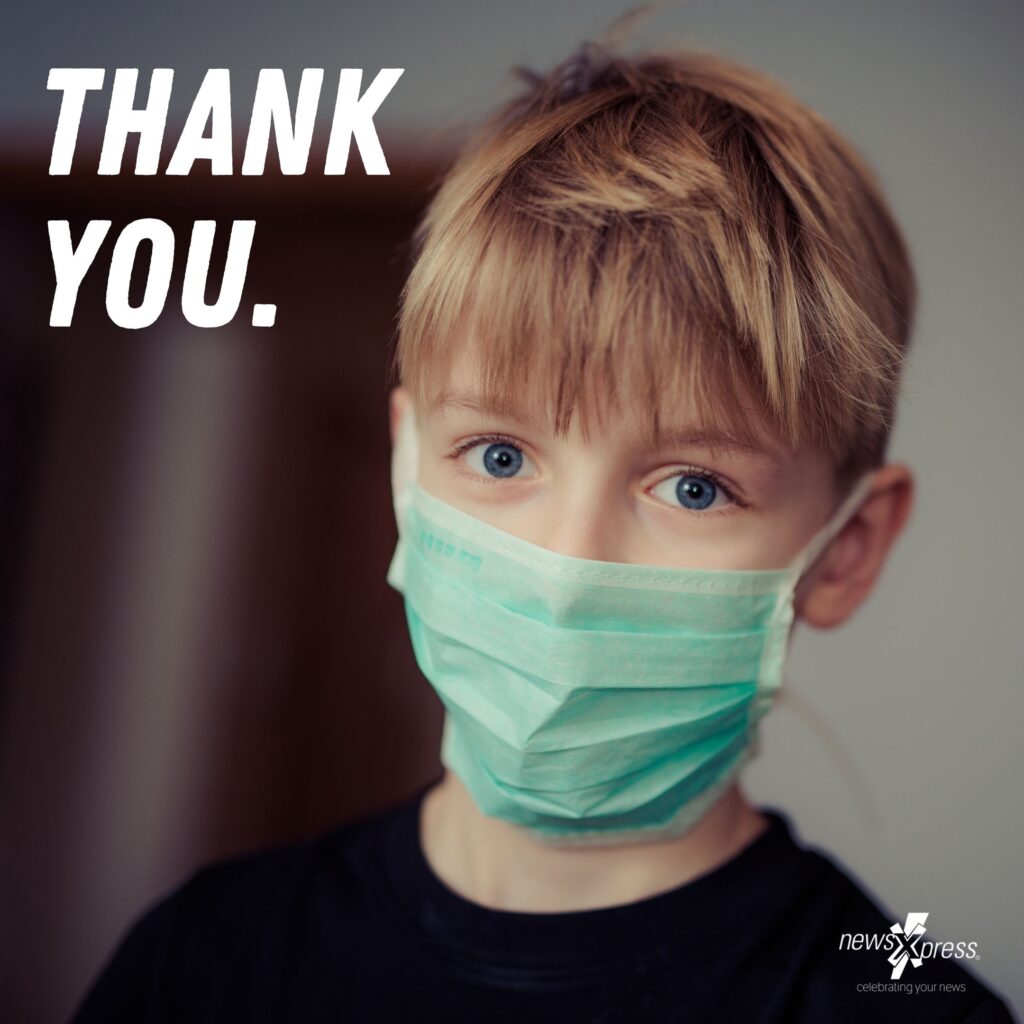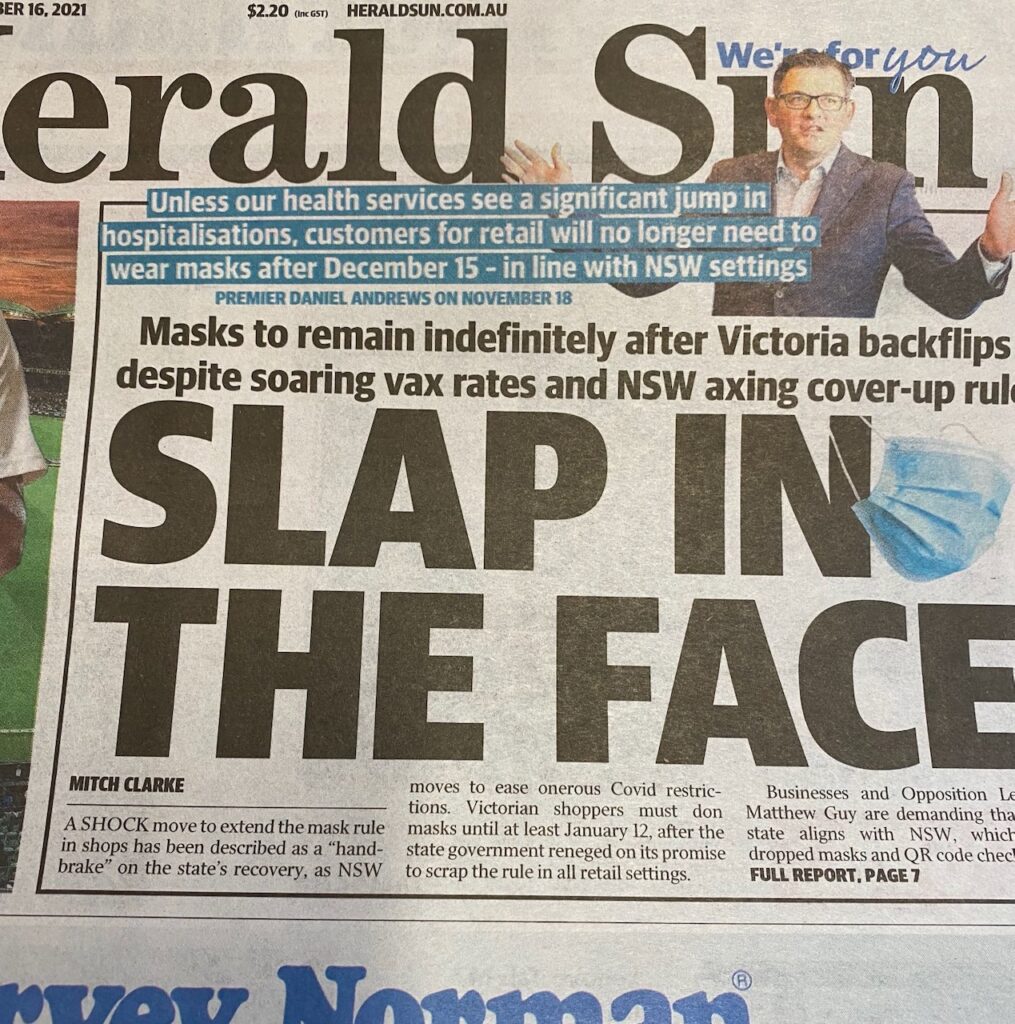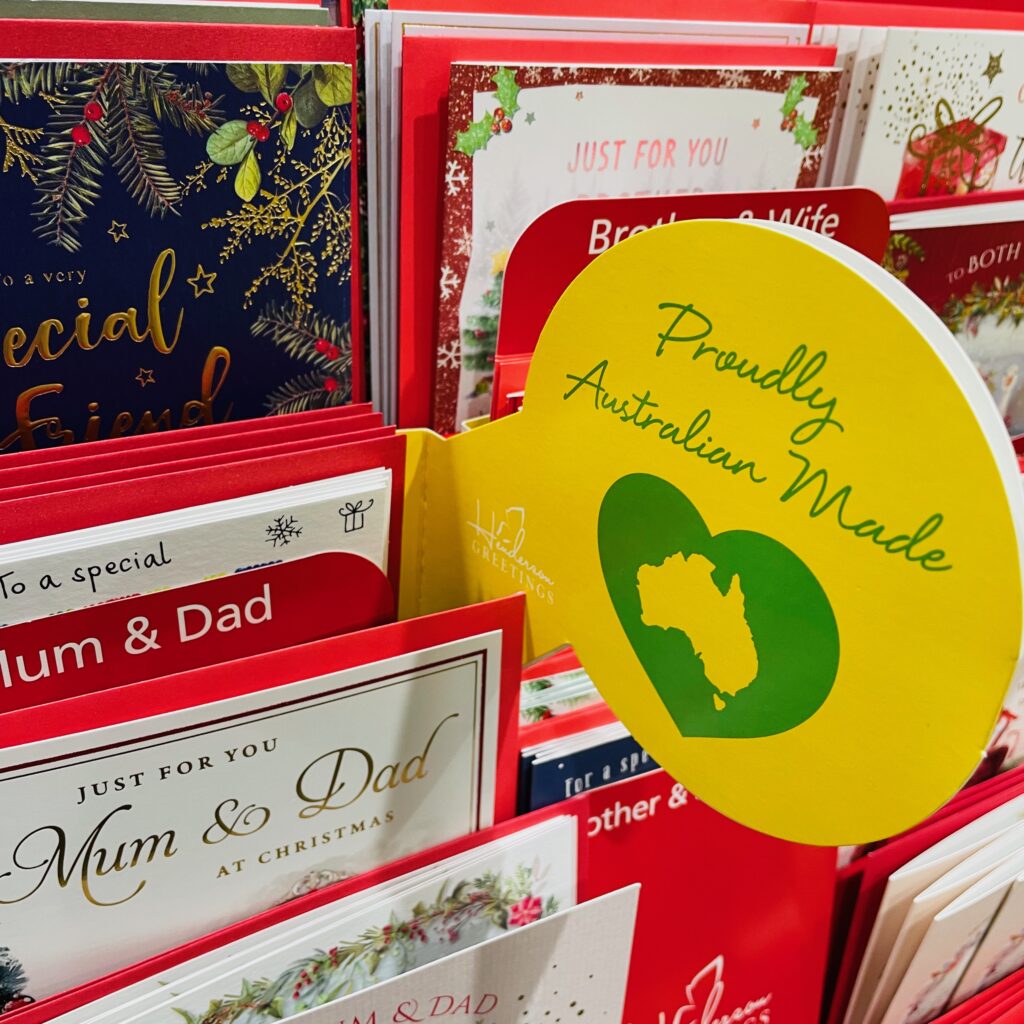Social media is clogged with influencers peddling products and services they are being paid to peddle. The extent of it is enough to push you away from social media.
Influencers started our when they discovered and businesses discovered that people following other regular people added on what they talked about.
But that was back when the opinions were genuine, based on personal experience, when their kind words about a product or service were authentic.
Today, it’s all about the money – the money the influencer is paid, their agent is paid and the agency is paid to put a campaign together. When they talk about a product they ‘love’ it’s transactional for them … pay is $5,000 and we will deliver you a 30 second video sprucing your product and talking about how we ‘use’ it or ‘love’ it.
Maybe I am outside the demographic but I don’t trust influencers nor do I act on the endorsement of influencers.
It surprises me when I see companies, usually big companies, paying influencers to spruik for them – because it’s a crowded marketplace, and because, for me at least, of the trust thing, or lack thereof.
I’ve been approached by influencers. I’ve had several parents offer up their kids to play with a toy and talk it up in a video for $500. I’ve had a self-labelled shop local influencer offer to walk through my shop and share the joy for $1,000 for a 3 minute video.
They are nothing compared to the bigger campaign influencer engagements from the millions paid to a Kardashian to the thousands paid to local Aussie influencers.
I think the gloss has worn off the influencer temple, that people see them for what they are and that their spruiking is ignored as much as other advertising, because that’s what it is, advertising. This has happened in part because of the blurring of the lines between what is clearly paid advertising and ‘heartfelt’ endorsement.
But, maybe, that’s wishful thinking on my part.
I do think in this noisy influencer look at me world, I think people crave truth and authenticity. This is why a real review from a customers about your business or products matters much.
Personally, when I see an influencer talking up a product, my first question is how much they sold themselves to pitch. I wonder if I am alone in that. I suspect there are plenty who see a face they recognise pitching a product and understand the transactional nature of this and realise that the endorsement has come about because they have been paid to make it.
…
Influencing, of course, good back many years. In the early 1990s I was approached by a newsagent who held a position on a board. They asked for an extraordinary deal on the software in return for them using their position to tell others. I heard about it from the salesperson working for my company at the time. The newsagent wanted the deal so much that they repeated it – the quid pro quo – in detail, not wondering why we set a second meeting. The recording of it was damning. There were consequences. We refused the opportunity by the way.
Paying someone to say good things has to be understood fort what it is, even in today’s influencer world.


